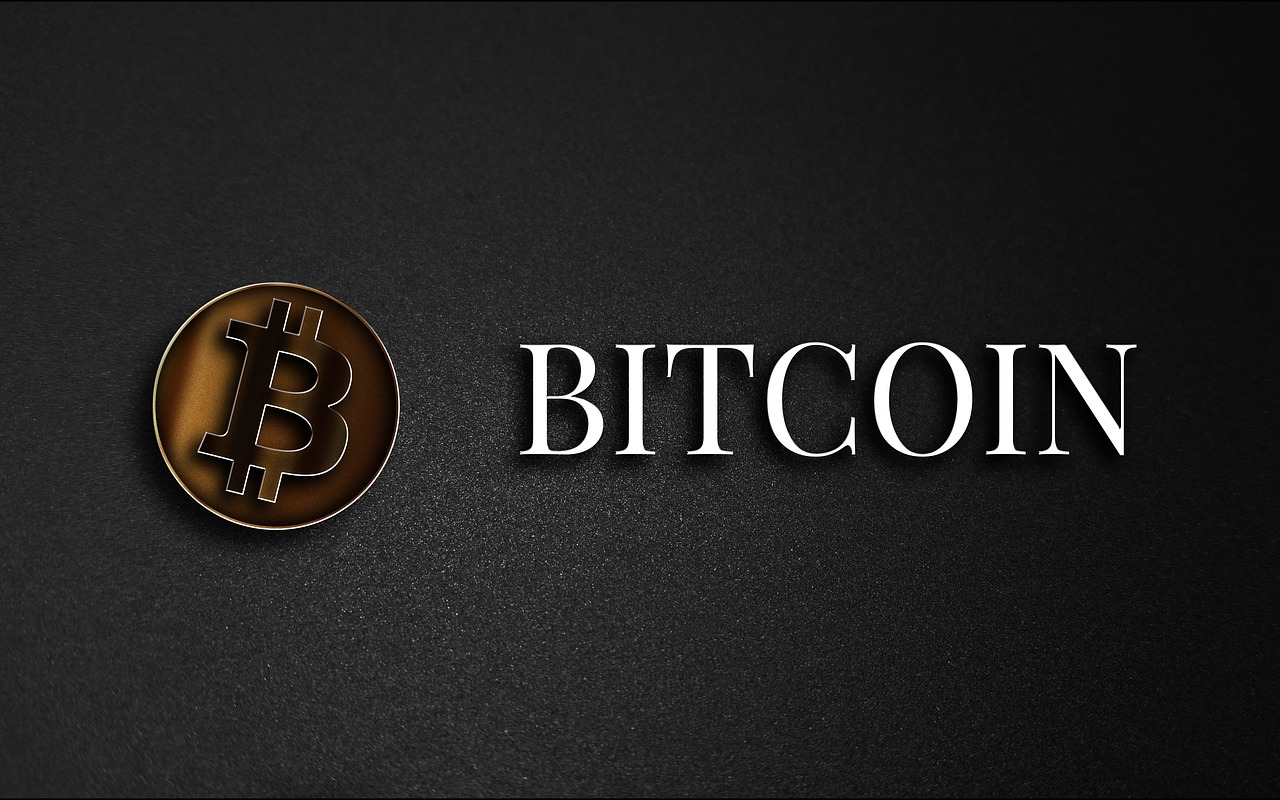Bitcoin, the pioneering cryptocurrency, has revolutionized digital finance. But owning Bitcoin isn’t just about buying it; it’s also about securely storing and managing it. That’s where a Bitcoin wallet comes in. Think of it as your digital bank account for Bitcoin, allowing you to send, receive, and manage your digital assets. Choosing the right Bitcoin wallet is crucial for protecting your investment and ensuring seamless transactions. This comprehensive guide will walk you through everything you need to know about Bitcoin wallets, empowering you to make informed decisions and safeguard your digital wealth.
Understanding Bitcoin Wallets
What is a Bitcoin Wallet?
A Bitcoin wallet is a software program or hardware device that stores the private keys necessary to access and spend your Bitcoin. It doesn’t actually hold the Bitcoin itself; instead, it manages the cryptographic information (private and public keys) that allow you to interact with the Bitcoin blockchain.
- Private Key: A secret code that allows you to authorize transactions and spend your Bitcoin. Keep this safe and never share it with anyone! Loss of your private key means loss of your Bitcoin.
- Public Key: Derived from your private key, the public key is used to create a Bitcoin address. It’s like your bank account number; you can share it with others to receive Bitcoin.
- Bitcoin Address: A human-readable version of the public key used for receiving Bitcoin. It’s a string of alphanumeric characters that you can share with others to receive Bitcoin payments.
How Bitcoin Wallets Work
When you send Bitcoin, your wallet uses your private key to digitally sign the transaction. This signature proves that you own the Bitcoin being sent and authorizes the transaction on the Bitcoin network. The transaction is then broadcast to the network, verified by miners, and added to the blockchain.
- Example: Imagine Sarah wants to send 1 BTC to John. Sarah uses her Bitcoin wallet to create a transaction sending 1 BTC to John’s Bitcoin address. Her wallet uses her private key to sign the transaction, proving she owns the 1 BTC. This signed transaction is then broadcast to the Bitcoin network and confirmed by miners.
Types of Bitcoin Wallets
Bitcoin wallets come in various forms, each offering different levels of security, convenience, and control. The main types include:
- Software Wallets (Hot Wallets): These wallets are installed on your computer or smartphone and are connected to the internet.
Desktop Wallets: Software programs installed on your computer. Examples include Electrum and Bitcoin Core.
Mobile Wallets: Apps installed on your smartphone. Examples include Trust Wallet and BRD.
* Web Wallets: Accessed through a web browser. Examples include Coinbase and Blockchain.com.
- Hardware Wallets (Cold Wallets): Physical devices that store your private keys offline, providing the highest level of security. Examples include Ledger and Trezor.
- Paper Wallets: Physical documents containing your Bitcoin address and private key printed on them.
- Brain Wallets: Storing your private key in your memory. While technically possible, this is extremely risky and not recommended.
Choosing the Right Bitcoin Wallet
Selecting the appropriate Bitcoin wallet depends on your individual needs, risk tolerance, and how frequently you plan to use your Bitcoin. Consider the following factors:
Security
Security should be your top priority when choosing a Bitcoin wallet.
- Multi-Factor Authentication (MFA): Look for wallets that offer MFA, adding an extra layer of security to your account.
- Encryption: Ensure the wallet encrypts your private keys, protecting them from unauthorized access.
- Open-Source Code: Wallets with open-source code allow for community review and verification of the wallet’s security.
Convenience
Consider how frequently you plan to use your Bitcoin and how easily you need to access it.
- Mobile wallets are convenient for everyday transactions and on-the-go access.
- Desktop wallets offer a good balance of security and convenience.
- Hardware wallets are ideal for storing large amounts of Bitcoin securely but are less convenient for frequent transactions.
Control
Different wallets offer varying levels of control over your private keys.
- Custodial Wallets: The wallet provider holds your private keys. This is convenient but means you don’t have full control over your Bitcoin. Examples include Coinbase and Binance.
- Non-Custodial Wallets: You have full control over your private keys. This provides greater security but also requires you to take responsibility for safeguarding your keys. Examples include Electrum and Ledger.
Fees
Consider the transaction fees associated with using the wallet.
- Some wallets allow you to customize the transaction fees, while others automatically set them.
- Lower fees can result in slower transaction confirmation times.
Backup and Recovery
Ensure the wallet provides a secure method for backing up and restoring your wallet in case of loss or damage.
- Seed Phrase (Recovery Phrase): A series of words that allow you to recover your wallet and private keys. Keep this phrase safe and never share it with anyone!
Setting Up and Using a Bitcoin Wallet
Downloading and Installing a Software Wallet
Setting Up a Hardware Wallet
Sending and Receiving Bitcoin
Practical Tips for Bitcoin Wallet Security
- Use strong passwords: Create strong, unique passwords for your wallets and email accounts.
- Enable two-factor authentication (2FA): Add an extra layer of security to your account.
- Keep your software up-to-date: Install the latest software updates for your wallet and operating system.
- Be wary of phishing scams: Never click on suspicious links or enter your private keys on untrusted websites.
- Store your seed phrase offline: Never store your seed phrase on your computer or smartphone.
- Consider using a hardware wallet: Hardware wallets provide the highest level of security for storing Bitcoin.
Common Mistakes to Avoid
Losing Your Private Keys or Seed Phrase
- This is the most common mistake and can result in the permanent loss of your Bitcoin. Always back up your wallet and store your seed phrase securely.
Falling for Phishing Scams
- Phishing scams are designed to trick you into revealing your private keys or seed phrase. Be cautious of suspicious emails, websites, and social media posts.
Using Unsecure Wi-Fi Networks
- Avoid using public Wi-Fi networks when accessing your Bitcoin wallet. These networks are often unsecure and can be vulnerable to hacking.
Storing Large Amounts of Bitcoin on an Exchange
- While exchanges are convenient for trading, they are not the safest place to store your Bitcoin long-term. Consider transferring your Bitcoin to a hardware wallet for secure storage.
Conclusion
Choosing and using a Bitcoin wallet correctly is vital for securing your digital assets. By understanding the different types of wallets, prioritizing security, and following best practices, you can confidently manage your Bitcoin and participate in the growing cryptocurrency ecosystem. Remember to prioritize security, convenience, and control when selecting a wallet, and always back up your wallet and store your seed phrase safely. With the right knowledge and precautions, you can safely and effectively manage your Bitcoin holdings.




